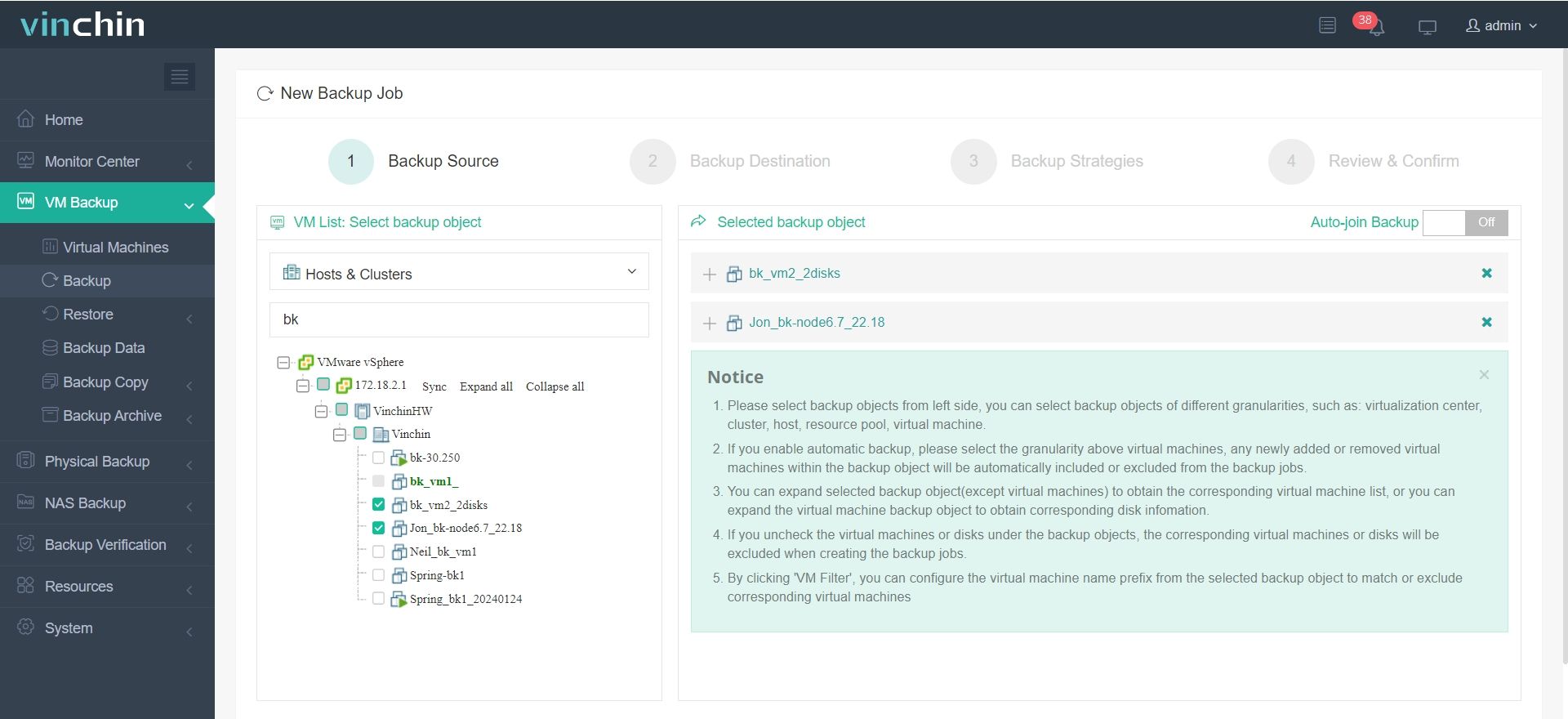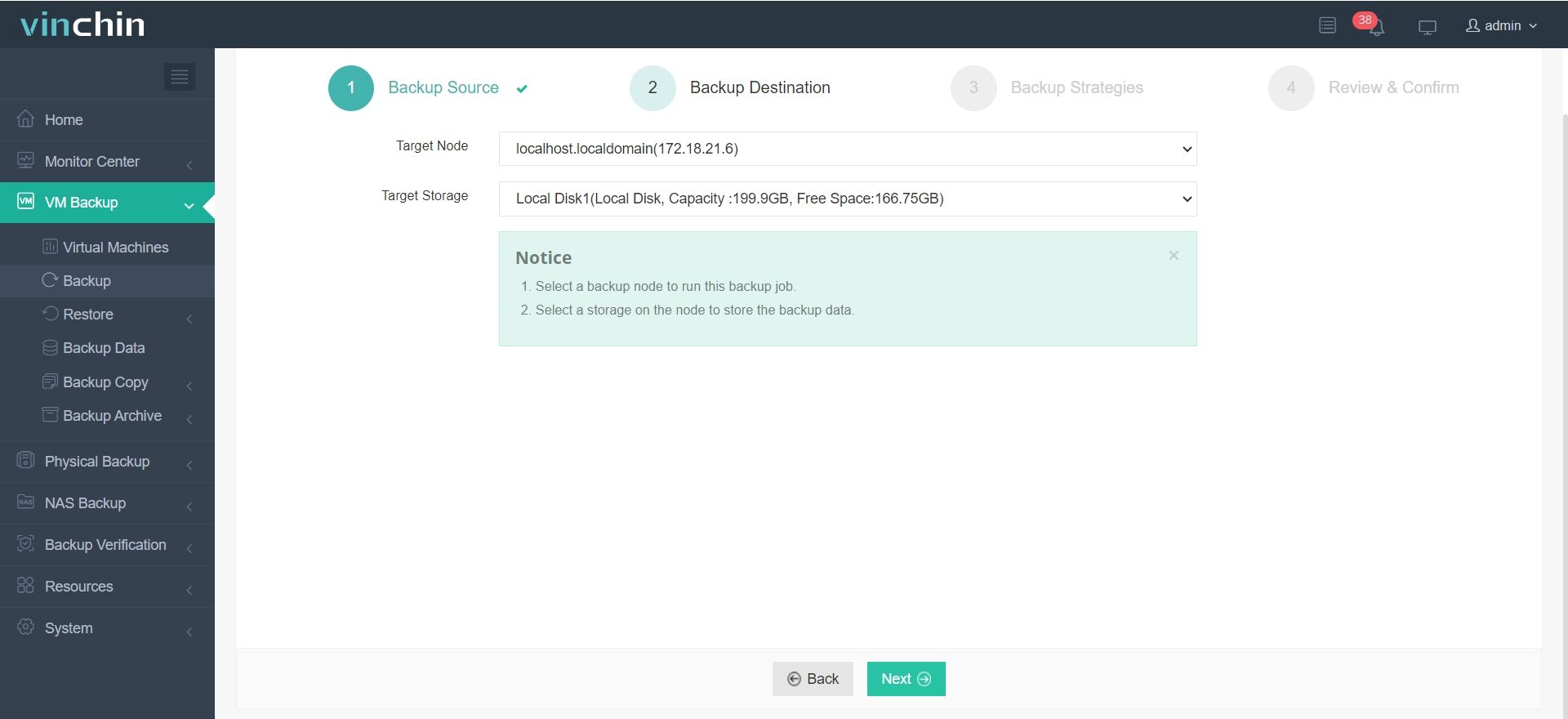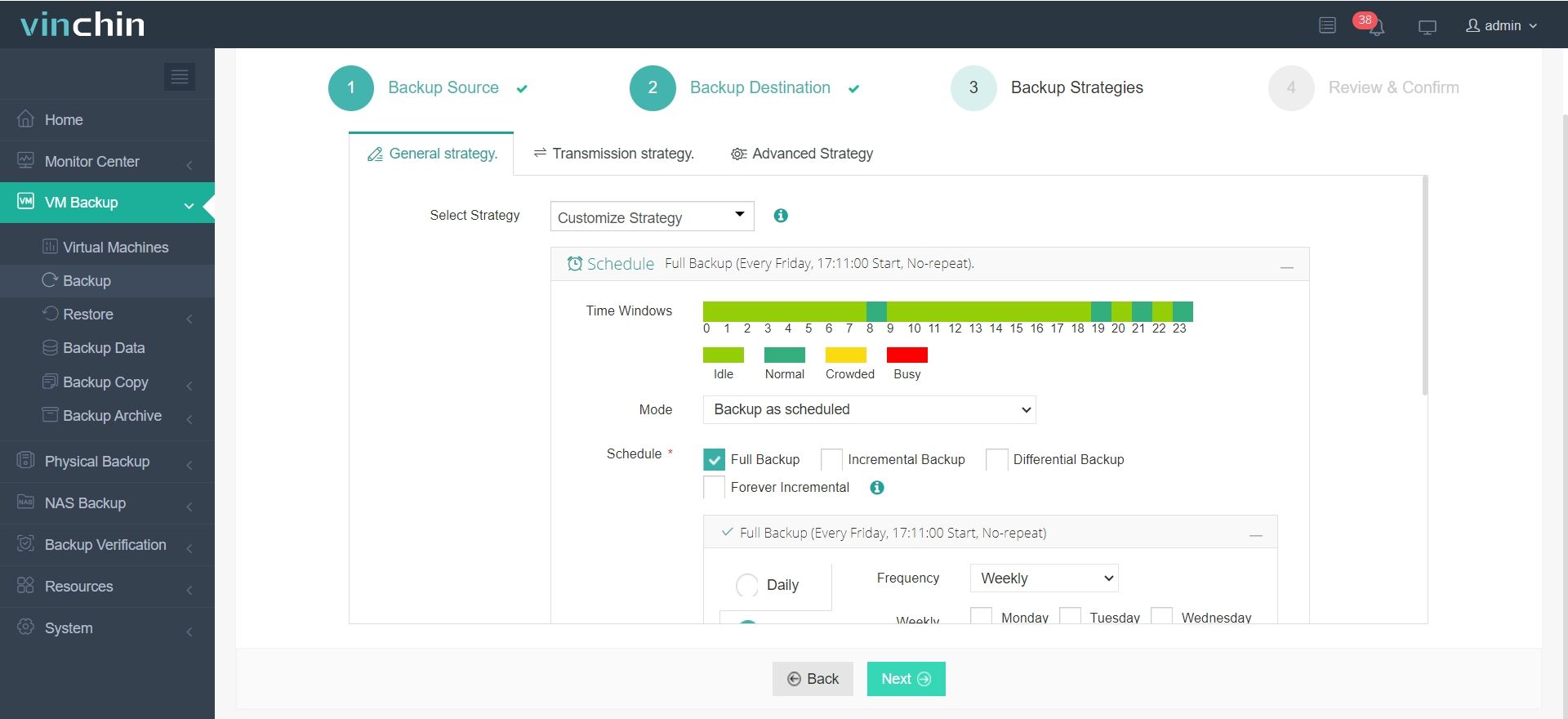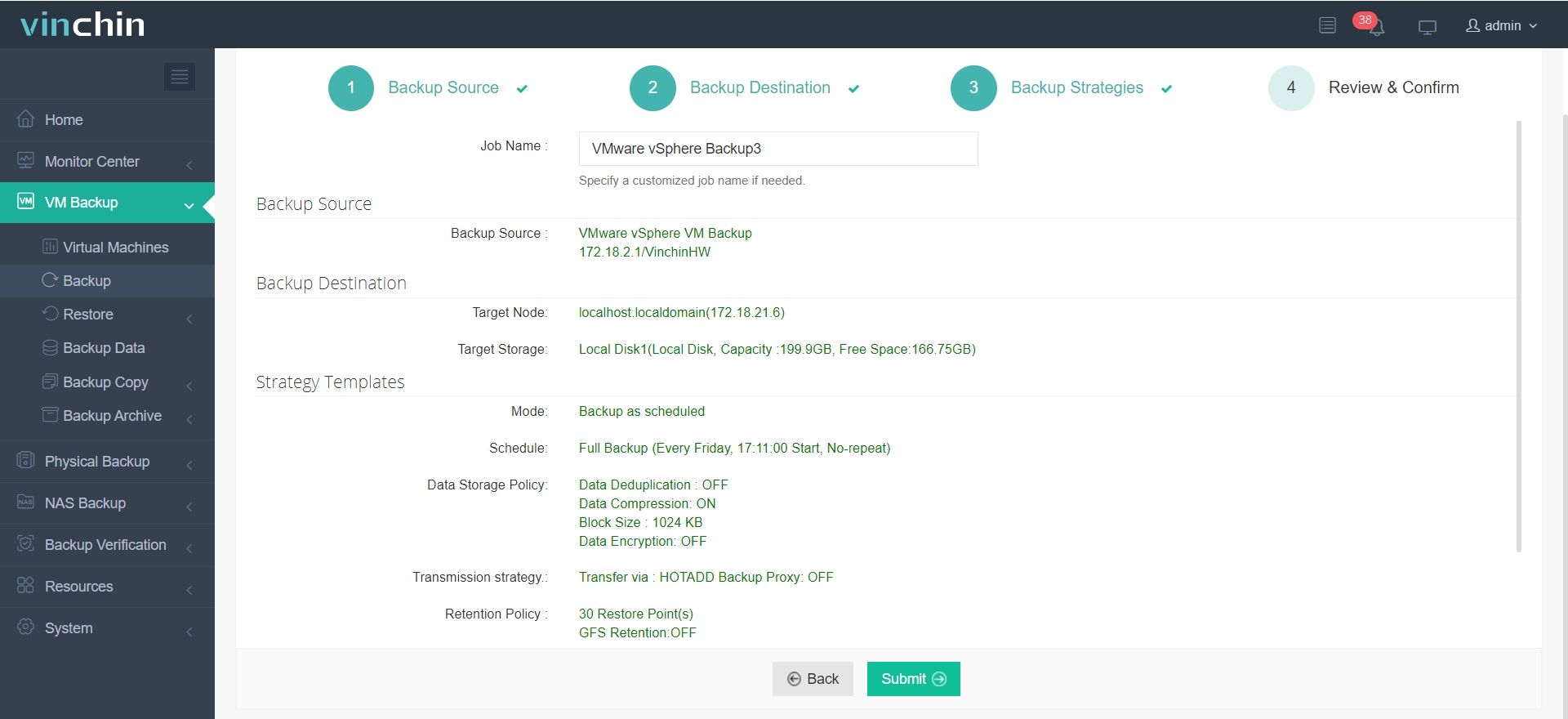-
How to set up VMware automatic failover?
-
Enhancing VMware environments with Vinchin Backup & Recovery
-
HA Failover VMware FAQs
-
Conclusion
VMware Failover is an important technology for achieving high availability in virtualized environments. It works by automatically migrating or restarting virtual machines to healthy resources in the event of a host, storage, or network failure, ensuring business continuity and minimizing downtime. Failover mechanisms are key to maintaining stable operations in enterprise data centers, especially where business depends on efficiency and continuity.
In VMware environments, vSphere High Availability (HA) is a widely used implementation of Failover. With vSphere HA, VMware failures can be automatically detected and responded to based on a predefined policy to migrate virtual machines to a normal host or restart them to guarantee continuous operation of the virtual machine. The following steps guide how to implement VMware Failover using vSphere HA.
How to set up VMware automatic failover?
Create a new cluster and enable vSphere HA
In vSphere Client, right-click the Datacenter > New Cluster

Enter the name > enable vSphere HA
Click Next > hit Finish to complete the creation of the cluster

Add ESXi hosts to the cluster
Right-click the Cluster > Add Hosts

Enter the IP address or FQDN (Fully Qualified Domain Name) of each ESXi host, as well as the Username,Password
Click Next > continue to Next > click Finish to complete the addition of ESXi hosts

Configure vSphere HA settings
In the New Cluster, choose Services > vSphere Availability > Click Edit to adjust fault tolerance settings

Configurable HA options:
Host Failure Response (Host Failure Response): set whether the VM will automatically restart on another host when the host fails.
Response for Host Isolation: Choose how the VM is handled when the host is disconnected from the cluster (e.g., network isolation), such as shutting down and restarting, or keeping it running.
Datastore with PDL: When the storage is permanently unavailable, vSphere HA shuts down the VM and restarts it on another host.
Datastore with APD: When all paths to the storage device are disconnected, the VM is shut down and a conservative reboot strategy is applied until the storage is restored.
VM Monitoring: Enable VM monitoring to automatically detect and restart failed VMs.
Other advanced options:
Admission Control: controls the allocation of VM resources to ensure that in the event of a host failure, the VMs in the cluster have enough resources to migrate.
Heartbeat Datastores: Configure multiple datastores as heartbeat stores, which can be used to determine if a host fails in the event of a host or VM failure.

Enhancing VMware environments with Vinchin Backup & Recovery
While HA failover VMware technology ensures that virtual machines are automatically migrated or restarted in the event of a host, storage, or network failure, ensuring business continuity and minimizing downtime. However, it is recommended that VMware VMs be backed up using Vinchin Backup & Recovery, a backup solution designed specifically for virtualization platforms such as VMware, Proxmox, Hyper-V and others. It not only provides efficient backup functionality, but also includes a powerful Disaster Recovery solution that further enhances the high availability and fault tolerance of VMware environments.
Vinchin Backup & Recovery's operation is very simple, just a few simple steps.
1.Just select VMs on the host

2.Then select backup destination

3.Select strategies

4.Finally submit the job

With Vinchin Backup & Recovery, you can ensure complete protection and fast recovery of your VM data. Vinchin offers a free 60-day trial so users can experience the power of its features in a real-world environment. For more information, please contact Vinchin directly or contact our local partners.
HA Failover VMware FAQs
Q1: What is the difference between VMware HA and VMware FT (Fault Tolerance)?
F1: HA (High Availability): Protects against host failures by restarting VMs on another host in the cluster.
FT (Fault Tolerance): Provides continuous availability by running a live copy of the VM on another host, without any downtime.
Q2: What happens during a host failure?
A2: When a host fails, VMware HA automatically restarts the affected VMs on another host in the cluster, based on the resource availability. This ensures the VMs continue to run with minimal disruption.
Conclusion
In short, VMware's failover technology ensures high availability by automatically migrating or restarting virtual machines during failures. Using Vinchin backup and recovery technology provides additional protection and disaster recovery, increasing the fault tolerance of VMware environments and ensuring fast and reliable recovery of virtual machine data.
Share on:





